The Speed to Scale Region: Harnessing the innovation and industrial strength of the West Midlands to develop, manufacture and deliver new products at scale and pace.
What is the Speed to Scale Region (SSR) Programme?
 A partnership consisting of the University of Birmingham, the Manufacturing Technology Centre (MTC), the University of Warwick, and WMG, the SSR Programme brings together the region’s major innovators for the first time in a coordinated programme to upskill workers and support business growth.
A partnership consisting of the University of Birmingham, the Manufacturing Technology Centre (MTC), the University of Warwick, and WMG, the SSR Programme brings together the region’s major innovators for the first time in a coordinated programme to upskill workers and support business growth.
It will have immediate impact and structurally reconfigure the region’s manufacturing base, from SMEs to multi-nationals, making supply chains flexible, responsive and reconfigurable and positioning the West Midlands as the place to be for businesses wishing to scale-up rapidly to meet global demands. This will be a new way of working, manufacturing and doing business, driving the UK’s productivity.
Four innovation powerhouses, the SSR Partners, are founded on social purpose and share a strong Midlands industrial heritage. As two of the UK’s most respected universities and the two largest high value manufacturing catapult centres, it is in our DNA to make a difference. At times of change the bold seek opportunities. It is time for the West Midlands to be bold. The Industrial revolution built the Midlands on technology advancement and an insatiable desire for goods. Today we face the same type of opportunity. The West Midlands has the technology advantage and the manufacturing base on which to build, and the world has an urgent need and appetite for clean growth and medical products. We’ve proven the science, it’s time to sell products to the world.
The SSR partnership’s approach, together with the business community’s support, drive and ambition, linked to the Mayor’s wider strategic vision and activities, is unique in the UK. This programme will deliver immediate economic impact and recovery and longer term clean, inclusive, sustainable growth.
SSR Executive Summary (pdf)
How will we create impact and growth with the Speed to Scale Region Programme?
A potential £460 million investment over the next four years, via four Hubs and a number of Pre-Hubs, SSR will deliver a GVA impact of £2.4 billion and 22,000 jobs, focused on:
- Low-carbon heating
- New medical technologies
- Low-emission urban mobility
- Secure connectivity
These are all sectors where the West Midlands has market leading capabilities, or the capacity to do so, with strong business footprints.
Catapult partners will support and accelerate the product development and volume production with all elements of the programme embedded into an eco-system which helps businesses transition into these new sectors and fully optimises the SME base and supply chains. Brought together into one programme, with a systems engineering approach, these hubs will be underpinned by a productivity booster to drive business capacity, create the capability to support the rapid reconfiguration of regional supply chains and enable flexible pivoting to supply essential goods for the growth of the UK economy.
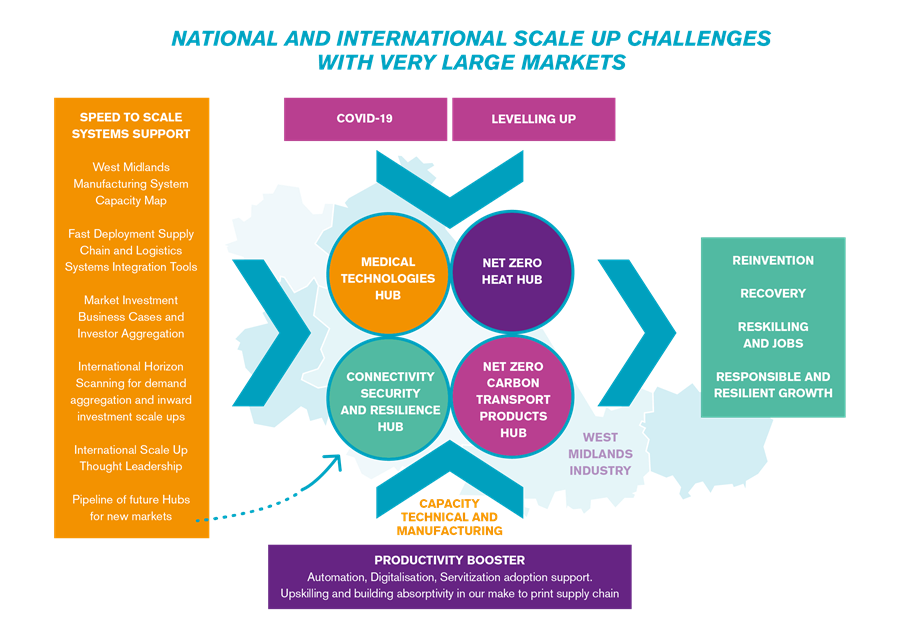
Mobilise Communities & Markets – The Hubs
Central to the SSR Programme, the four Hubs, across decarbonisation of heat, medical technologies, transport and connectivity will engage directly with businesses, supply chains, industry interest bodies, and other key sector organisations. It is the hubs that will build the new markets and sectors within the region.
They are designed to clear the industrial and commercial roadblocks to the rapid growth of promising technologies and business models, driving productivity in new sectors and creating thousands of skilled jobs by building on the applied innovation activities generated through their programmes. This will focus on:
- Re-skilling: upskilling and future proofing the regional workforce, increasing jobs and skill-levels in the region, improving GVA at the national level, with skills academies, and the programmes and assets from the participating Universities.
- Providing scale-up support: manufacturing acceleration, mentorship and leadership training, business incubator facilities, funding and systems integration.
- Providing state of the art assets for research and product development, rapid scale up support, testing and validation and use of facilities.
Energy- National Hub for the Decarbonisation of Heat (NHDH)
- The decarbonisation of heat is the major energy challenge that will impact nearly every UK citizen. For the West Midlands region this presents a major opportunity to enable economic recovery with the majority of UK boiler manufacturers being based in the region. The NHDH will enable the rapid scaling up of manufacturing, skills and deployment of heat solutions, all necessary to meet carbon reduction targets.
- The scale of intervention mirrors that which happened in the off-shore wind sector. This delivered a sectorial transition by recognising that a scale-up and cost reduction programme required the co-ordination of standards development, supply chains, planning, scaling of manufacturing and working with business to enable them to transition into the sector.
Health – National Medical Technologies Resilience Hub (NMTRH)
- The UK faces major challenges in its capability and capacity to create and mobilise both basic supplies and novel technologies to respond to healthcare challenges. We will help address the sector needs for: better market intelligence; a need for innovative, flexible regulation; support for SMEs to rapidly scale; expansion of manufacturing capabilities; pioneering use of new technologies, including digital health and precision medicine such as advanced therapies, implantable devices and novel diagnostics.
- The West Midlands is ideally placed to respond, with the UK’s second largest med tech SME cluster, with arguably the largest capacity for growth in turnover and employment, and a regional manufacturing and automotive base able to pivot major supply chains. This would open huge potential expansion and rapid scale-up capacity in a sector which returns triple the average regional GVA per employee.
- Scaling our current regional industry base is predicted to increase employment by over 6,000 new jobs and turnover by ~£2.5bn, in a market worth over £70bn in UK annual turnover and predicted to hit ~£500bn globally by 2024.
Transport – Sustainable Multimodal Transport (SMT) Hub
- Transport is critical to the region. The sector is undergoing a revolution and the SMT Hub focus will be on accelerating infrastructure (wireless communications, intelligent transport systems, roads, “cycle-ways”, electronic vehicle charging, light rail links, modal connectivity) and investment in vehicle technology from micro-mobility (scooters, electric bicycles and motorcycles, L-segment cars/vans) through to cars, commercial vehicles, buses, future rail - light rail, hydrogen trains, and airports.
- The region is already world-leading in the development of batteries and electric vehicle technologies and we will encompass micro-mobility, light and hydrogen rail and commercial vehicles. This opens up major new industrial opportunities in battery manufacturing and recycling, electric motors, power electronics, wireless connectivity and control systems, as well as opening up entire new vehicle categories for innovation and for recycling of these products at the end of their working life.
Connectivity, Security and Resilience (CSR) Hub
- 5G is undisputed as a technology to enable social and economic growth across application and service domains driving the regional economy. A critical path to exploiting this potential is to prove the technology, fairly and openly, in ‘real world’ testbeds. Here, the West Midlands has a leading position in national 5G programmes from urban and connected communities to the Midlands Future Mobility programme driven by digital connectivity. These 5G initiatives focus on accelerating the deployment of technologies and services for the benefit of public users, enabling equality of opportunity, and of companies with relevant applications.
- The CSR Hub will fast-track the transition from being leaders in 5G applications and services to being leaders in the next generation 6G applications, services and manufacturing. The Hub will bring together an ecosystem that can deliver a platform, based on communication, computation and intelligence engineering that will safeguard, transform and create jobs in the region and prepare it for the future.
Lead local & Think Global – Core Activities
The SSR programme systems support will reach out to thousands of regional businesses in new ways, creating pathways for pivots and new markets through fore-sighting, establishing an innovation pipeline for future products and securing inward investment. Resource allocation and strategic decisions will be informed by a SSR world-leading integrated Programme, Business Futures, focusing on business data and economics analytics and assessment.
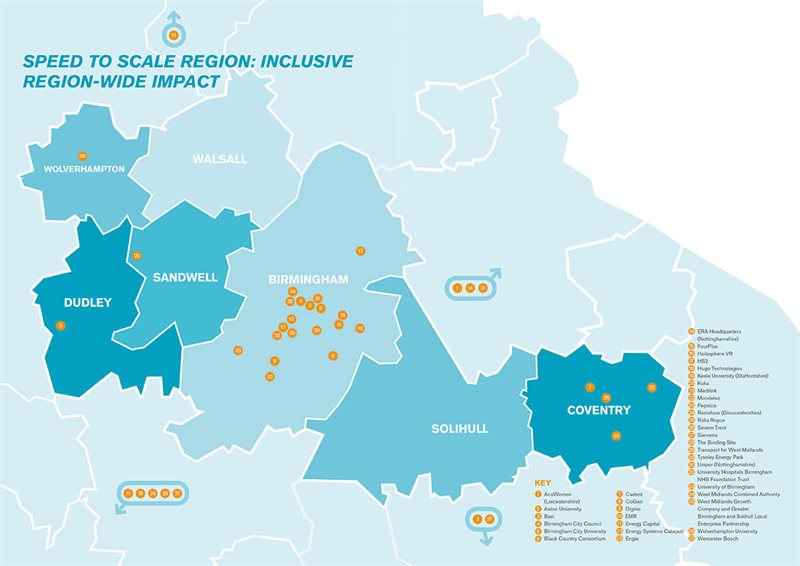
Stabilise & Ready for action – Productivity booster
Drawing on the Made Smarter Northwest Pilot, the SSR productivity booster programme supports our West Midlands ‘make to print’ supply chain companies, kick-starting adoption of digital technology and automation and building leadership capability to ready business for the new SSR markets.
Protect the future – Pipeline
Our pipeline programme develops future markets and creates the underpinning capability and community belief that the West Midlands can pivot and grow with Pre-hubs defined in areas such as quantum technology, food innovation, circular economy and artificial intelligence and robotics.
Our programme allows an integrated, whole systems approach: matching underutilised capacity with untapped markets and supported all the way by the innovation and business transformation expertise across the whole of the West Midlands. Rolling wave planning will be used, underpinned by live economic and market data to ensure that we constantly adapt approaches and investment to maximise impact.
Partners
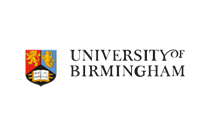
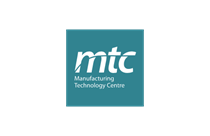
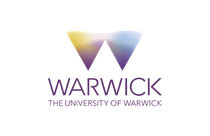
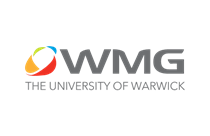
Contact us
To discuss opportunities to get involved with the Speed to Scale Region Programme, please contact Dr Tariq Ali, Deputy Pro-Vice-Chancellor (Strategic Partnerships), at ssr-enquiries@contacts.bham.ac.uk.